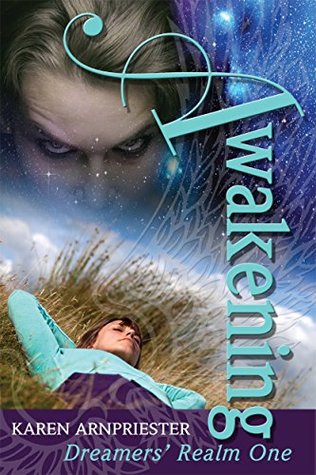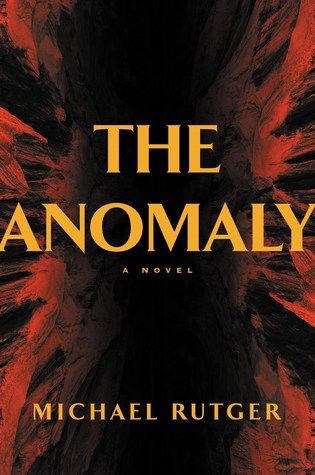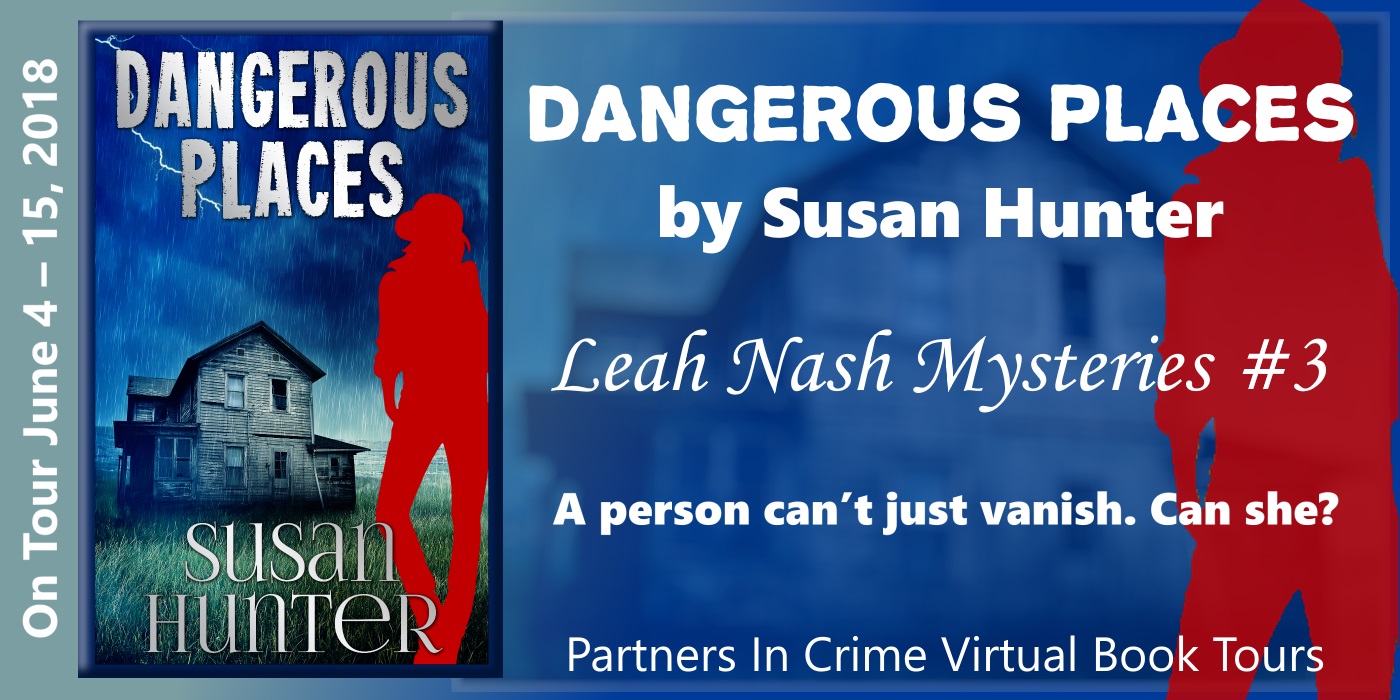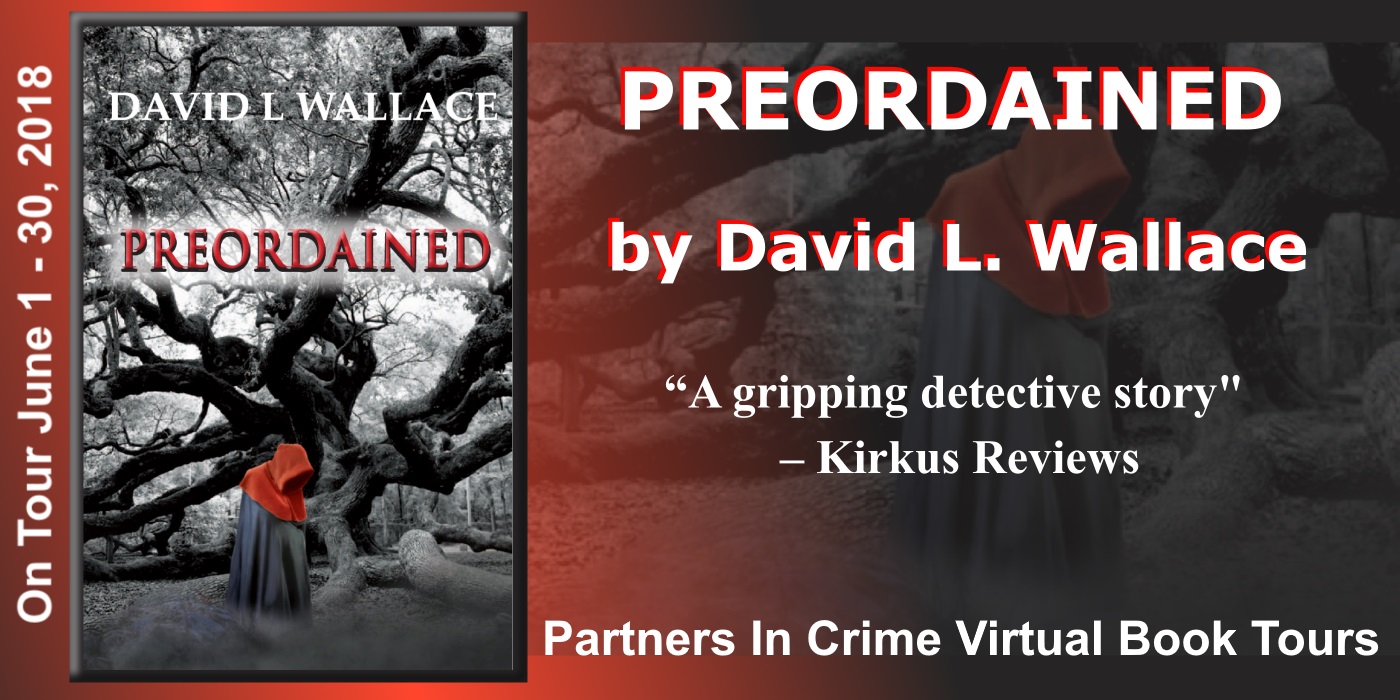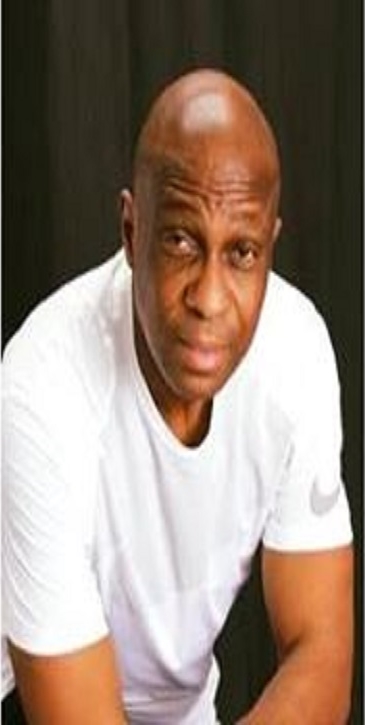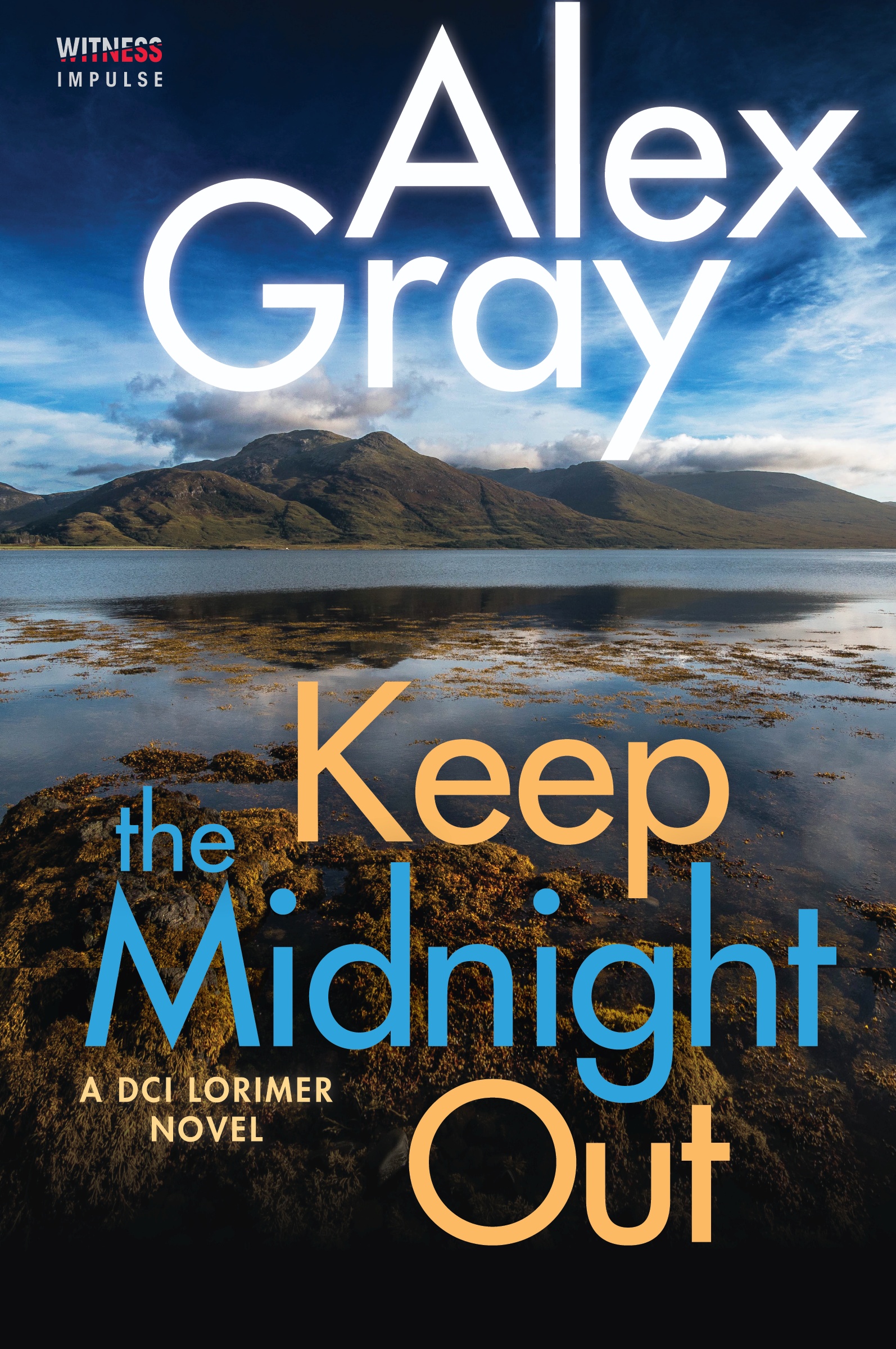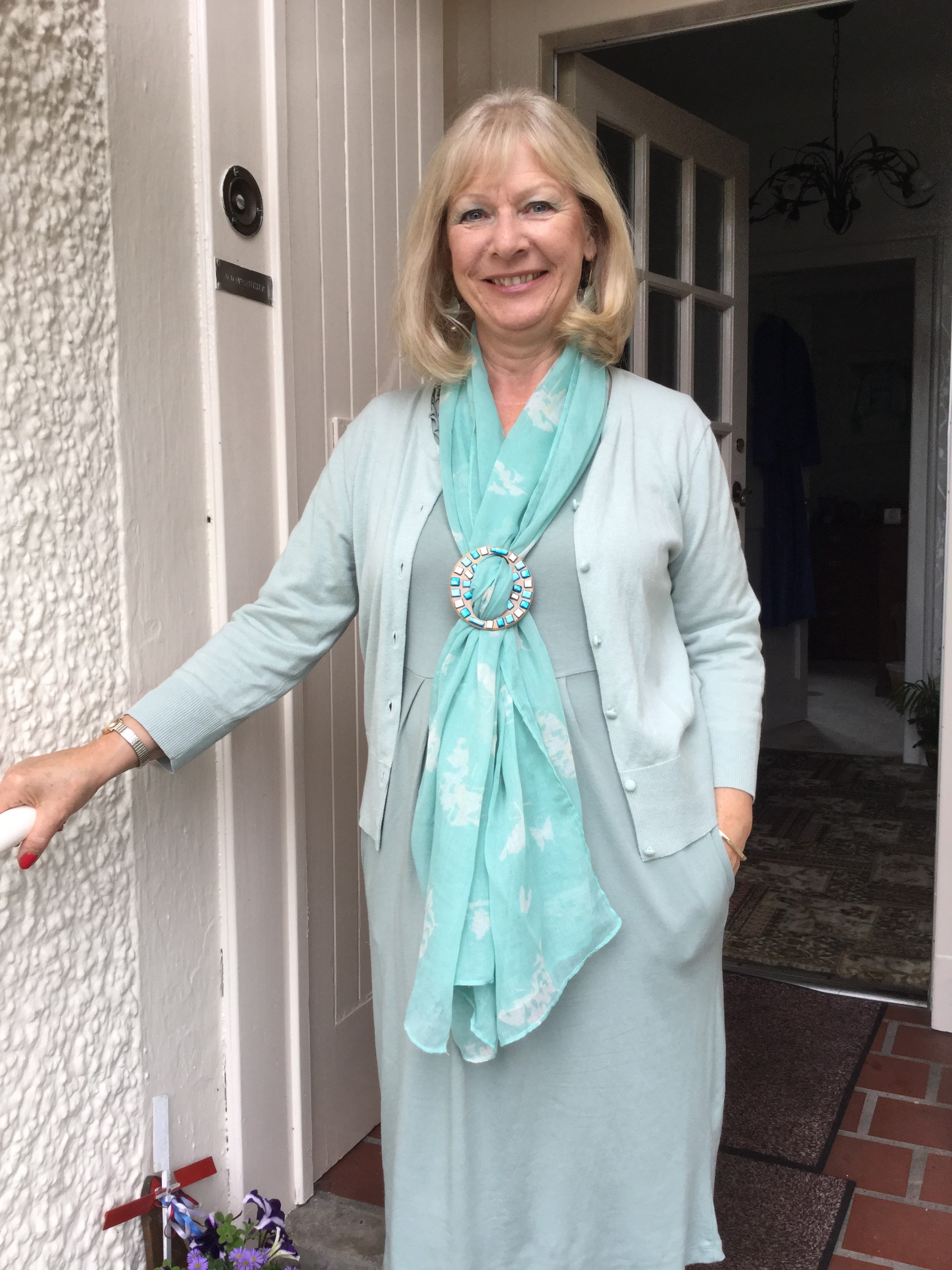
Yesterday's News
by R.G. Belsky
on Tour June 1-30, 2018
Synopsis:

A classic cold case reopened—along with Pandora's box
When eleven-year-old Lucy Devlin disappeared on her way to school more than a decade ago, it became one of the most famous missing child cases in history.The story turned reporter Clare Carlson into a media superstar overnight. Clare broke exclusive after exclusive. She had unprecedented access to the Devlin family as she wrote about the heartbreaking search for their young daughter. She later won a Pulitzer Prize for her extraordinary coverage of the case.
Now Clare once again plunges back into this sensational story. With new evidence, new victims and new suspects – too many suspects. Everyone from members of a motorcycle gang to a prominent politician running for a US Senate seat seem to have secrets they're hiding about what might have happened to Lucy Devlin. But Clare has her own secrets too. And, in order to untangle the truth about Lucy Devlin, she must finally confront her own tortuous past.
Book Details:
Genre: Mystery
Published by: Oceanview Publishing
Publication Date: May 1st 2018
Number of Pages: 343
ISBN: 160809281X (ISBN13: 9781608092819)
Series: A CLARE CARLSON MYSTERY
Learn More about Yesterday's News & Get Your Copy From: Amazon | Barnes & Noble | Oceanview Publishing | Goodreads
Read an excerpt:
PROLOGUE
School was always special to her. Some children hated to go to school. But she always looked for- ward to going back to school each morning. She loved her friends. She loved her teachers. And most of all, she loved to learn. For her, it was a time of excitement, a time of adventure, a time of new beginnings each day she sat in the classroom—like a butterfly emerging from a cocoon in a field of flowers underneath a blue, cloudless sky. And so, on this sunny morning, like so many others, the mother and daughter leave their house and walk together toward the school bus that will pick up the little girl. “What about your lunch?” the mother asks. “I’m buying it at school today, remember?” “Do you have enough money?” “Yes, you gave it to me last night.” “Right,” she says. The mother knows that, but she’s forgotten. “And remember to come home right after school.” “You worry too much, Mom. I’m not a baby anymore.” That’s all too true, of course. She is growing up. Just like they all do. But today she is still her little girl. The mother hugs her and puts her on the school bus, watching her in the window until the bus disappears from sight. A little girl who has everything in the world ahead of her. A lifetime of memories to come. And all the time in the world to enjoy it.OPENING CREDITS
THE RULES ACCORDING TO CLARE
I always tell the same story to the new reporters on their first day.It goes like this: Two guys are sitting in a bar bragging about their sexual exploits. As they get drunker and drunker, the conversation becomes more outrageous about how far they’d be willing to go. Would you ever have sex with an animal, one of them asks? Of course not, the other guy replies angrily. What if someone paid you $50 to do it with a dog? That’s ridiculous, he says. How about $500? Same answer. Okay, the first guy says to him, would you have sex with a dog for $5,000? The other guy thinks about that for a while, then asks: “What breed?”
The point here is that once you ask the question “what breed?” you’ve already crossed over a very important line and can never go back.
It’s based, I suppose, on the famous old Winston Churchill story. They say Churchill was seated at a dinner party next to a very elegant and beautiful lady. During the meal, he turned to her and asked if she’d be willing to have sex with him if he gave her $1,000,000. The woman laughed and said sure. Then he asked if she’d have sex with him for $25. “Of course not, what do you think I am?” the indignant woman replied. To which Churchill told her, “Madame, we’ve already established what you are. Now we’re just haggling over the price.”
This is a crucial concept in the news business where I work. Because there is no gray area for a journalist when it comes to honesty and integrity and moral standards. You can’t be just a little bit immoral or a little bit dishonest or a little bit corrupt. There is no compromise possible here.
Sometimes I tell a variation of the dog story. I call it the Woodstein Maneuver. The idea is to come up with a new scenario for the Watergate scandal. To speculate on what might have happened if Bob Woodward and Carl Bernstein (“Woodstein!” in the Robert Redford–Dustin Hoffman movie) had not written their stories that led to Richard Nixon’s ouster, but instead gotten hush money to cover up the scandal. What if Nixon had paid them to make it all go away?
I ask a new reporter to put themselves in Woodward and Bernstein’s place and think about what they would do if offered such a bribe.
Most of them immediately say they would never take money under any circumstances to compromise a story. I’m not sure if they say it because they really mean it or simply because they believe it’s the answer I want to hear. A few laughingly say they’d go for the money, but I’m not sure I believe them either. I figure they’re just trying to be outrageous or different. Only a few reporters ask the key question. The “what breed?” question. “How much money?” they want to know. Those are the ones I worry about the most.
PART I
LUCY
CHAPTER 1
“It’s the fifteenth anniversary of the Lucy Devlin disappear- ance next week,” Maggie Lang said. “Little eleven-year-old girl leaves for school and just vanishes into thin air. It’s a legendary missing kid cold case. We should do a story for the anniversary.”“Lucy Devlin is old news,” I told her. “The girl’s never been found, Clare.” “And after a while people just stopped caring about her.” “Well, you sure did all right with it. You won a damn Pulitzer.” Maggie Lang was my assignment editor at the TV station where I work as a news executive these days. She was a bundle of media energy—young, smart, ambitious, outspoken, and sometimes a bit reckless. I liked Maggie, but she scared me, too. Maybe because she reminded me of someone I used to know. Myself when I was her age.
Back then, I was Clare Carlson, award-winning reporter for a New York City newspaper that doesn’t exist anymore. When the paper went out of business, I moved on to a new career as a TV reporter. I wasn’t so successful at that. They said I came across as too intense on the air, too grating, too unlikeable to the viewers. So, they offered me a job in management. I was never quite sure I followed the logic of that, but I just went with the flow. I started out as an assignment editor, moved up to producer, and then was named news director for Channel 10 News here in New York City. It turned out that I really like telling other people what to do instead of doing it myself. I’ve always been a bitch. I guess now I just get paid for being one.
Maggie looked over at the Pulitzer Prize certificate I keep prominently on my desk at Channel 10. Hey, you win a Pulitzer—you flaunt it.
“You helped make Lucy Devlin one of the most famous missing child stories ever in New York City fifteen years ago, Clare,” she said. “Imagine if we could somehow find her alive after all this time . . .”
“Lucy is dead,” I told her. “How can you be so sure of that?” “C’mon, you know she’s dead as well as I do. Why else would she never have turned up anywhere?”
“Okay, you’re probably right. She is dead. And we’ll never find the body or catch who did it or know anything for sure about what happened to her.”
“So, what’s our story then?” “There’s a new angle.” “Believe me, I covered all the angles on this story a long time ago.”
“Anne Devlin, Lucy’s mother, is telling people she has some new evidence about the case,” Maggie said.
“Anne Devlin always claims she has some evidence. The poor woman has been obsessed with finding answers about her daughter for years. I mean, it’s understandable, I guess, given all the pain and anguish and uncertainty she’s gone through. But none of her so-called evidence ever goes anywhere.”
“Doesn’t matter. We go to the mother and say we want to hear about whatever new evidence she thinks she’s come up with. I tell her we want to interview her about the case for the anniversary. That maybe someone will see it and give cops some new information. It’ll be great TV. And that video—the heartbroken mom still pleading for someone to help her find out what happened to her daughter fifteen years ago—would go viral on social media.”
She was right. It was a good idea. A good TV gimmick. A good social media gimmick.
And that was my job now, whether I liked it or not. I was a long way from winning Pulitzer Prizes or writing thoughtful in-depth journalism. In television, it was all about capturing the moment. And an emotional interview like that with Lucy’s mother on the anniversary of her disappearance would definitely be a big media moment.
I looked out the window next to my desk. It was early April, and spring had finally broken in New York City. I was wearing a pale-pink spring pantsuit to celebrate the onset of the season. I’d bought it at Saks one bitterly cold day during the depths of winter to cheer myself up. But right now, I didn’t feel very cheerful.
“Okay,” I finally said reluctantly to Maggie, “you can reach out to Anne Devlin and see if she’ll sit down for an interview with us.”
“I already did.” Of course. Knowing Maggie, I should have figured she’d already set it in motion before checking with me.
“And?” I asked her. “She said yes.” “Good.” “Under one condition. She wants you to be the person who does the interview with her.”
“Me?” “She said she’d feel more comfortable talking to you than some reporter she didn’t know.”
“C’mon, I don’t go on air anymore, Maggie.” “She insisted on talking to you. She said you owed her. She said you would understand what that meant.”
I sighed. Oh, I understood. Anne Devlin was holding me to a promise I made a long time ago.
It was maybe a few months after Lucy was gone. Anne had become depressed as people stopped talking about the case. The newspapers, the TV stations, even the police—they seemed to have given up and moved on to other things. She felt so alone, she said. I told her that she wasn’t alone. I told her I’d always be there for her. I made her a lot of promises that I couldn’t keep.
“Let’s make a pact,” she said, squeezing my hand on that long- ago night. “If I ever find out anything, you’ll help me track Lucy down, won’t you, Clare?”
“I promise,” I said. “No matter what happens or how long it takes, you can’t let people forget about her.”
“No one will ever forget about Lucy.” I thought about that long-ago conversation now as I sat in my office looking at the Pulitzer that had come out of my coverage of the Lucy Devlin story in what seemed like another lifetime ago. That story had been my ticket to fame as a journalist. It made me a front-page star; it catapulted me into the top of the New York City media world; and it was eventually responsible for the big TV executive job that I held today.
“She said you owed it to her,” Maggie said again. Anne Devlin was right. I did owe her.
CHAPTER 2
Lucy Devlin disappeared on a sunny April morning.She was eleven years old, and she lived on a quiet street in the Gramercy Park section of Manhattan with her parents, Anne and Patrick Devlin. That last day her mother had helped her get dressed for school, packed her books in a knapsack that hung over her back, and then kissed her goodbye before putting her on the school bus.
As far as anyone knew, she was with the other students on the bus when they went into the school. The first indication that something was wrong came when Lucy didn’t show up in her classroom for the morning attendance. The teacher thought she was either late or sick, reporting it at first to the principal’s office as a routine absence. It wasn’t until later that police began a massive search for the missing eleven-year-old girl.
The disappearance of Lucy Devlin exploded in the media when the New York Tribune, the newspaper I wrote for, ran a front-page story about her. The headline simply said: “MISSING!” Below that was a picture of Lucy. Big brown eyes, her hair in a ponytail, a gap between her two front teeth.
The story told how she was wearing a blue denim skirt, a white blouse, and cork sandals when she was last seen. It said she loved reading; playing basketball and soccer; and, most of all, animals. She petted every dog in the neighborhood and begged her parents to get her one. “She was my little angel,” Anne Devlin said in the article. “How could anyone want to hurt an angel?”
The whole city fell in love with her after that. The Tribune story spared no emotion in talking about the anguish of her parents as they waited for some kind of word. It talked about their hopes, their despair, and their confusion over everything that had happened.
I know because I was the reporter who wrote it. With my help, Lucy Devlin—just like Maggie had said— became one of the most famous missing person stories in New York City history. Posters soon appeared all over the city. Announcements were made in schools and churches asking people to look for her. The family offered a reward. First it was $10,000. Then $20,000 and $50,000 and as much as $100,000 as people and civic groups pitched in to help the Devlin family. For many it brought back memories of the tragic Etan Patz case—a six-year-old boy who had disappeared from the streets of New York City a quarter century earlier. Little Etan became the face of the missing child crisis all over the country when his picture was the first to appear on a milk carton in the desperate search for answers about his fate. In that case, the family had finally achieved some closure when a man was eventually arrested and convicted for their son’s murder. But there was no closure for Anne and Patrick Devlin.
I sat in the Devlins’ apartment—crying with them, praying with them, and hoping against hope that little Lucy would one day walk in that door.
I’ve never worked a story before or after where I identified so much with the people I was writing about. My access to the parents gave me the opportunity to see things no one else did, and I put every bit of that into my stories. Everyone was picking up my stuff—the other papers, TV news, and even the network news magazines like Dateline and 60 Minutes.
Yes, I did win a Pulitzer for my coverage of this story. The Pulitzer judges called it “dramatic, haunting, and extraordinarily compassionate coverage of a breaking deadline news story” in giving me the award. That was nice, but they were all just words to me. I wasn’t thinking about a Pulitzer or acclaim or my career when I covered the Lucy Devlin disappearance. I just reported and wrote the hell out of the story, day after day.
Eventually, of course, other stories came along to knock this one off the front page.
All the reporters moved on to cover them. In the end, I did, too. It wasn’t that easy for Anne and Patrick Devlin. The police told them that Lucy was probably dead. That the most likely scenario was she’d been kidnapped outside the school that day, her abductor had become violent and murdered her. He then must have dumped her body somewhere. It was just a matter of time before it turned up, they said.
Anne Devlin refused to believe them. “I can’t just forget about my daughter,” she said. “I know she’s still alive. I know she’s out there somewhere. I can feel her. A mother knows. I’ll never rest until I find her.”
Her obsession carried her down many paths over the next few years. Every time a little girl turned up murdered or police found a girl without a home, Anne checked it out. Not just in New York City either. She traveled around the country, tracking down every lead—no matter how slim or remote it seemed.
There were moments of hope, but many more moments of despair.
A woman who’d seen the story on TV said she’d seen a little girl that looked like Lucy at an amusement park in Sandusky, Ohio. She was standing with a man holding her by the hand near the roller coaster, looking confused and scared. At one point, she tried to break away, but the man wouldn’t let her go. The woman told one of the security guards that there was something suspicious about the man and the little girl, but never found out what happened. Anne went to Ohio and talked to everyone she could find at the amusement park. She eventually tracked down the security guard and finally the little girl herself. It turned out that the man was her father, and she looked scared and tried to run away because she was afraid to ride the roller coaster.
Another time a group of college coeds thought they spotted her in Florida during spring break. Some fraternity guys who tried to hit on them had a young girl in the back seat of their car, and she seemed out of place amid the beer swilling Neanderthals par- tying up a storm in Fort Lauderdale. The coeds told Anne they were convinced it was her missing daughter. That lead turned out to be a dead end, too. She was the daughter of a woman the fraternity guys had picked up the night before. The woman had passed out back in their hotel room, and they were just driving around with the girl because they didn’t want to leave her alone.
And then there was the time the body of a young girl about Lucy’s age and description was found alongside a highway in Pennsylvania. The state troopers found Lucy’s name on a list of missing children and contacted Anne. She drove ten hours through a blinding snowstorm to a morgue outside Pittsburgh, where the body had been taken. The entire time she had visions of her daughter lying on a coroner’s slab. But it wasn’t Lucy. It turned out to be a runaway from Utah. A truck driver had picked her up hitchhiking, raped and killed her, then dumped the body alongside the road. Anne said afterward she felt relief it wasn’t Lucy, but sadness for the family in Utah who would soon endure the same ordeal as she did.
Once a psychic came to Anne and said she’d seen a vision of Lucy. Lucy was living somewhere near the water, the psychic told her. Lucy was alright, but lonely. Lucy wanted to get back to her family, but she didn’t know how. Eventually, the psychic said she saw a sign in the vision that said La Jolla. La Jolla is a town in Southern California, just north of San Diego. The psychic offered to travel with Anne there and help search for her. They spent two weeks in La Jolla, staying in the best hotels and running up big bills at fancy restaurants. The psychic found nothing. Later, it turned out she just wanted a free trip to the West Coast and some free publicity for her psychic business.
Worst of all were the harassing phone calls. From all the twisted, perverted people in this world. Some of them were opportunists looking for extortion money by claiming they had Lucy. Others were just sickos who got off on harassing a grieving mother. “I have your daughter,” they would say and then talk about the terrible things they were doing to her. One man called Anne maybe two dozen times, day and night, over a period of six months. He taunted her mercilessly about how he had turned Lucy into his sex slave. He said he kept her in a cage in the basement of his house, feeding her only dog food and water. He described unspeakable tortures and sexual acts he carried out on her. He told Anne that when he finally got bored, he’d either kill her or sell her to a harem in the Middle East. When the FBI finally traced the caller’s number and caught him, he turned out to be one of the police officers who had been investigating the case. He confessed that he got a strange sexual pleasure from the phone calls. None of the others turned out to be the real abductor either. But Anne would sometimes cry for days after she got one of these cruel calls, imagining all of the nightmarish things that might be happening to Lucy.
All this took a real toll on Anne and Patrick Devlin. Patrick was a contractor who ran his own successful construction firm; Anne, an executive with an advertising agency. They lived in a spacious townhouse in the heart of Manhattan. Patrick had spent long hours renovating it into a beautiful home for him, Anne, and Lucy. There was even a backyard with an impressively large garden that was Anne’s pride and joy. The Devlins seemed to have the perfect house, the perfect family, the perfect life.
But that all changed after Lucy disappeared. Anne eventually lost her job because she was away so much searching for answers about her daughter. Patrick’s construction business fell off dramatically, too. They had trouble meeting the payments on their town house and moved to a cheaper rental downtown. Their marriage began to fall apart, too, just like the rest of their lives. They divorced a few years after Lucy’s disappearance. Patrick moved to Boston and started a new construction company. He remarried a few years later and now had two children, a boy and a girl, with his new wife. Anne still lived in New York City, where she never stopped searching for her daughter.
Every once in a while, at an anniversary or when another child disappeared, one of the newspapers or TV stations would tell the Lucy Devlin story again.
About the little girl who went off to school one day, just like any other day, and was never seen again. But mostly, no one had time to think about Lucy Devlin anymore.
Everyone had forgotten about Lucy. Except her mother.
***
Excerpt from Yesterday's News by R.G. Belsky. Copyright © 2018 by R.G. Belsky. Reproduced with permission from R.G. Belsky. All rights reserved.
Author Bio:

R.G. Belsky is an author of crime fiction and a journalist in New York City. Belsky's crime novels reflect his extensive media background as a top editor at the New York Post, New York Daily News, Star magazine and NBC News. His previous novels include the award-winning Gil Malloy mystery series. YESTERDAY'S NEWS is the first in a new series featuring Clare Carlson, the hard-driving and tenacious news director of an NYC TV station.
Catch Up With R.G. Belsky On: rgbelsky.com, Goodreads, Twitter, & Facebook!
My Take: This is a great crime mystery told from the point of view of the reporter that broke the story fifteen years before and won a Pulitzer Prize and then went into administration. She comes out of reporter retirement and is given new evidence that could or couldn't accuse a local politician. This was a very good mystery and there are things that come out that would be better off staying buried. This book is good for people that like twists and turns but you may have to overlook one or two.
